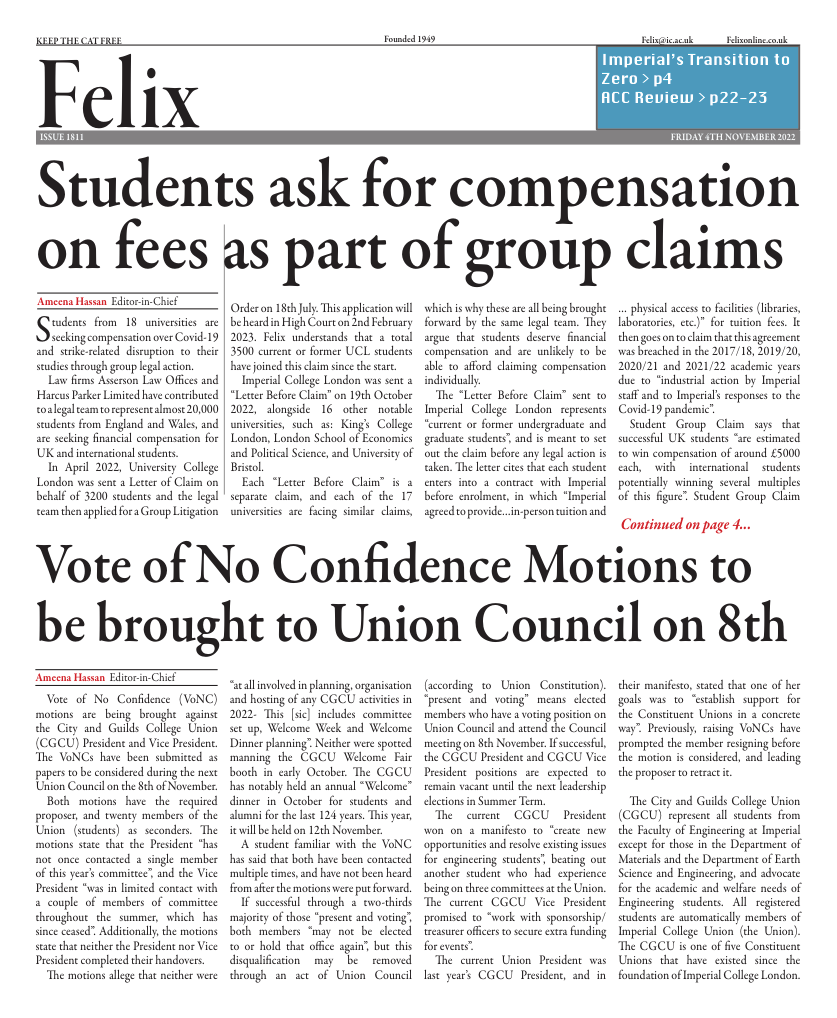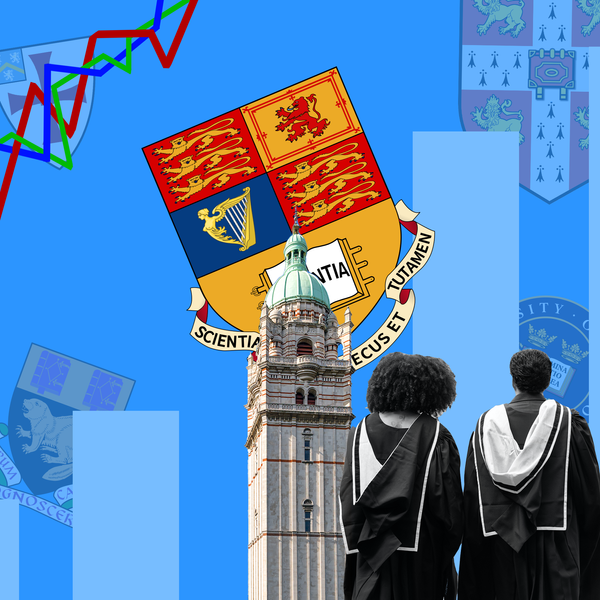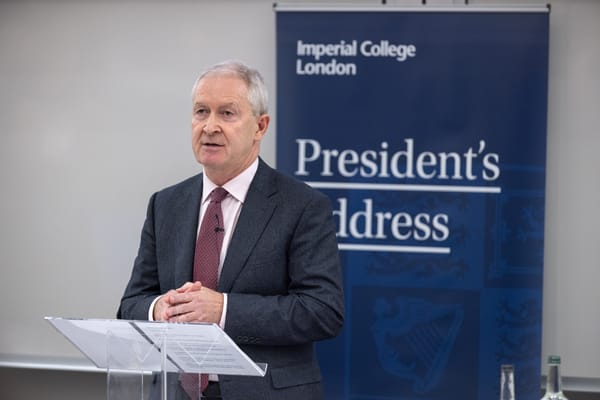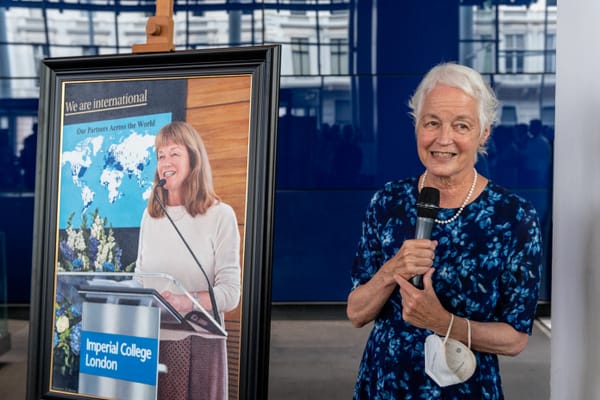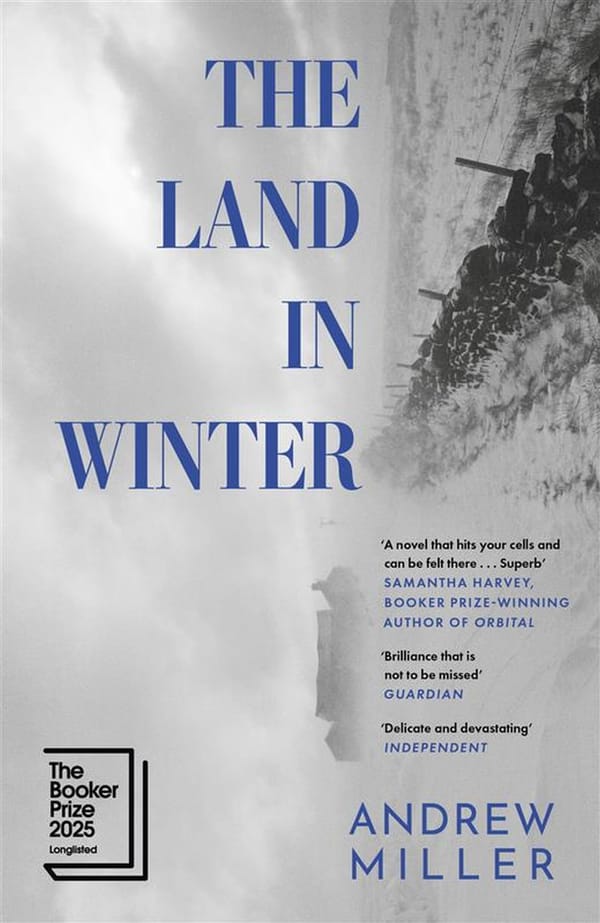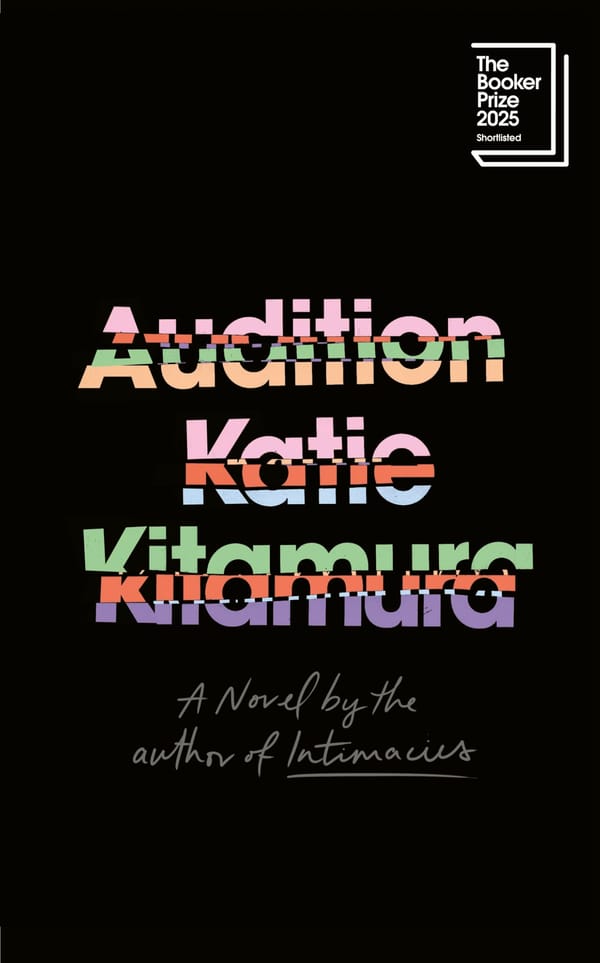Students ask for compensation on fees as part of group claims
Legal action taken over Covid-19 and strike-related disruption to students' studies
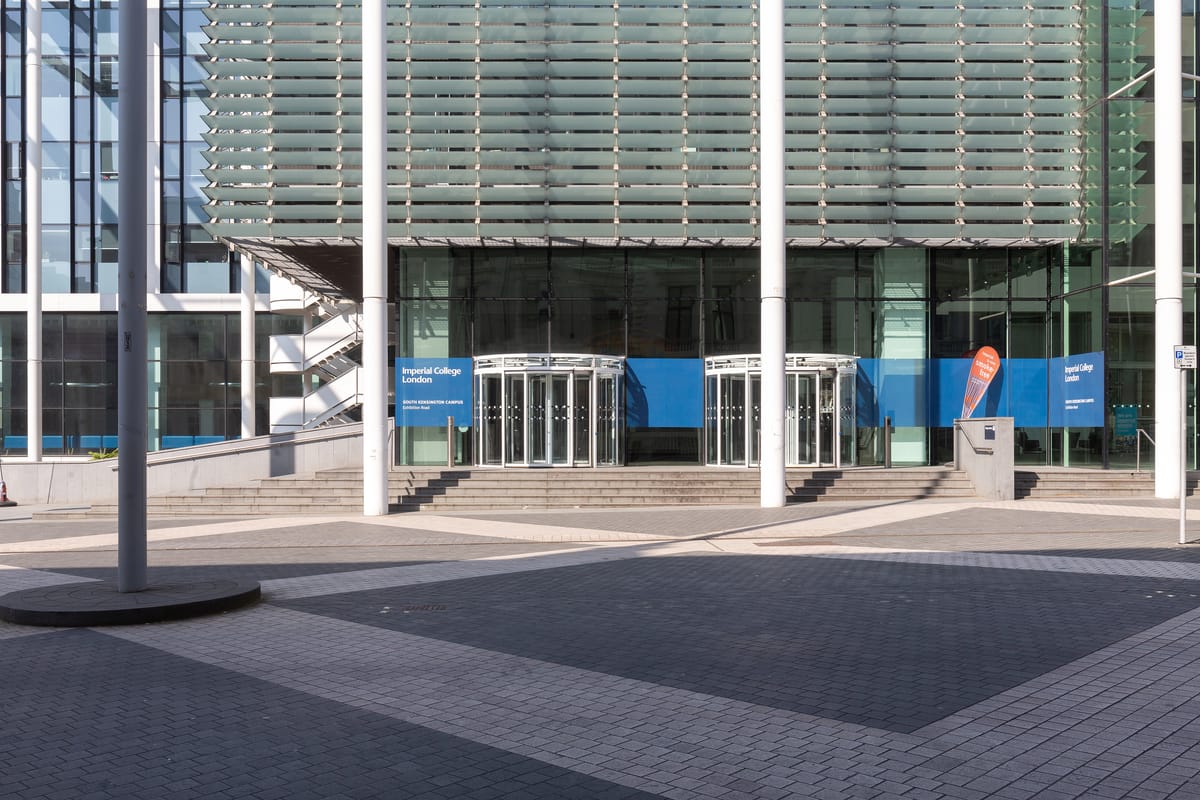
Students from 18 universities are seeking compensation over Covid-19 and strike-related disruption to their studies through group legal action.
Law firms Asserson Law Offices and Harcus Parker Limited have contributed to a legal team to represent almost 20,000 students from England and Wales, and are seeking financial compensation for UK and international students.
In April 2022, University College London was sent a Letter of Claim on behalf of 3200 students and the legal team then applied for a Group Litigation Order on 18th July. This application will be heard in High Court on 2nd February 2023. Felix understands that a total 3500 current or former UCL students have joined this claim since the start.
Imperial College London was sent a “Letter Before Claim” on 19th October 2022, alongside 16 other notable universities, such as: King’s College London, London School of Economics and Political Science, and University of Bristol.
Each “Letter Before Claim” is a separate claim, and each of the 17 universities are facing similar claims, which is why these are all being brought forward by the same legal team. They argue that students deserve financial compensation and are unlikely to be able to afford claiming compensation individually.
The “Letter Before Claim” sent to Imperial College London represents “current or former undergraduate and graduate students”, and is meant to set out the claim before any legal action is taken. The letter cites that each student enters into a contract with Imperial before enrolment, in which “Imperial agreed to provide…in-person tuition and … physical access to facilities (libraries, laboratories, etc.)” for tuition fees. It then goes on to claim that this agreement was breached in the 2017/18, 2019/20, 2020/21 and 2021/22 academic years due to “industrial action by Imperial staff and to Imperial’s responses to the Covid-19 pandemic”.
Student Group Claim says that successful UK students “are estimated to win compensation of around £5000 each, with international students potentially winning several multiples of this figure”. Student Group Claim also put out a press release, in which they state that “universities have thrived financially during the Covid period”, and “the 18 universities being challenged earned a surplus of more than £1 billion during the 2020-21 financial year and collectively hold more than £16.3 billion in net assets. They can afford to meet their legal obligations and make good their students’ losses.”
The legal team is entitled to at most 35% of claimants’ payout in legal fees, but the case is being brought on a “no-win, no-fee” basis.
In November 2021, Imperial College London was awarded a Queen’s Anniversary Prize for its response to the Covid-19 pandemic, and was recognised as University of the Year 2022 in The Times and Sunday Times Good University guide “for an excellent student experience and leadership in responding to the pandemic”.
Industrial action (including strikes), although taken by Imperial staff members, was only taken by members of staff unions that achieved a mandate through balloting of their Imperial members.
If Imperial College London does “admit liability for breach of contract”, the letter proposes that students and the College work together to create a formula for compensating students. Otherwise, they “will seek the court’s determination of such a formula with the assistance of expert evidence”, and “apply … for a group litigation order”. The letter requests a response from the College by 23rd November 2022.
The College directed Felix to a statement by Universities UK (UUK): “The Covid-19 pandemic threw two years of unprecedented challenge at the higher education sector and our students, and we are proud of how universities adapted and managed in adverse circumstances.”
“During some periods of lockdown, universities were not permitted to offer teaching and learning as usual and instead universities adjusted quickly and creatively to ensure students could learn and graduate.”
“We are not able to comment on individual institutions or cases. Universities continually look to improve, and raise standards if students are not getting the learning opportunities they deserve.”
UUK are a group of vice-chancellors and principals, and represent 140 UK universities.

